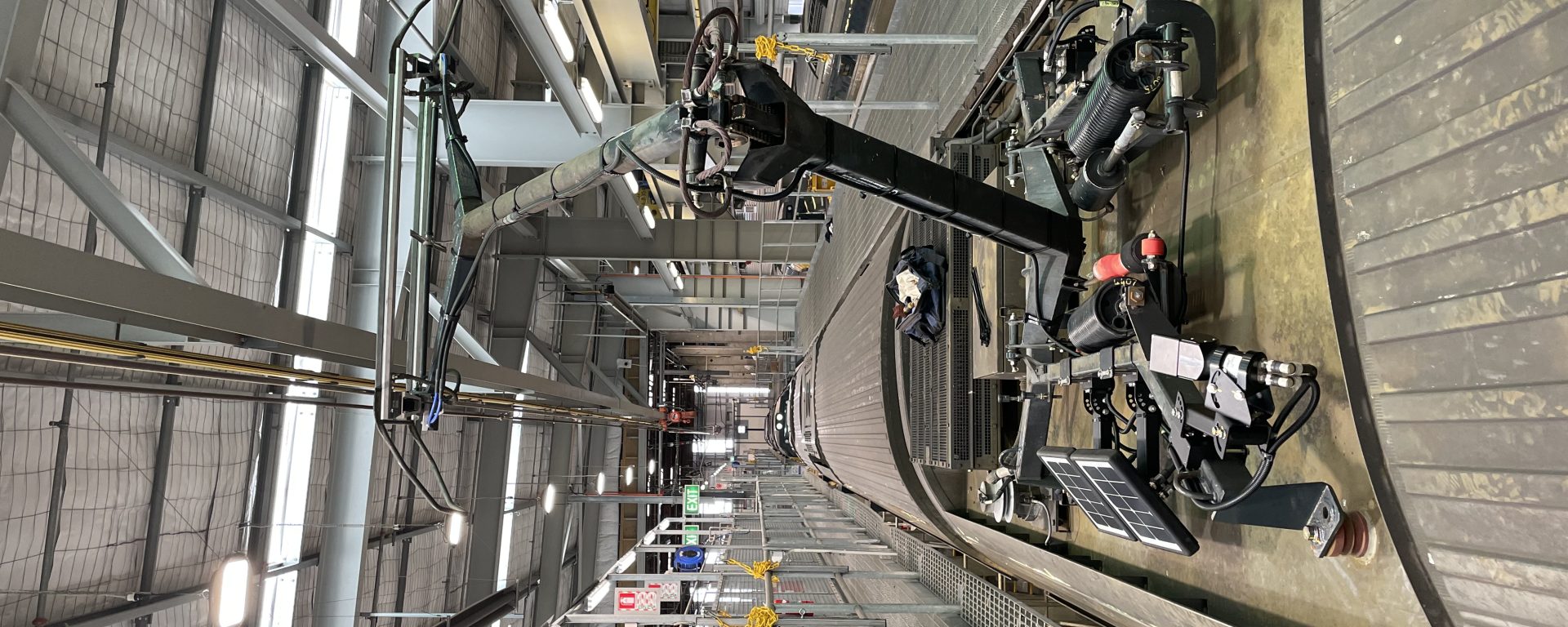For six months Johnsonville, Melling, Kāpiti and Hutt Valley train lines will trial a Pantograph Collision Detection System (PCDS) that assesses the overhead wire conditions and reports if they require maintenance.
Usually, manual inspections of the overhead wire require train services to stop and are dependent on manpower, time and good weather.
Luke Basilicata, Fleet Engineering Manager for Transdev Wellington, says “The Pantograph Collision Detection System should help reduce the 230 labour hours and tens of thousands of dollars in materials spent in the past two years in corrective maintenance on the fleet.”
“If the trial is successful, we hope to install up to three more PCDS on our trains – which will go a long way towards improving the safety and reliability of our network.”
The PCDS technology is smart in many ways – it runs on solar energy combined with battery and report back to operators in real-time through 3G.
Metlink General Manager, Scott Gallacher says, “Metlink is always looking forward to find innovative ways to deliver more reliable and efficient public transport, while ensuring the health and safety of our passengers.
“The trial of this new technology is a fabulous example of how our operators are exploring more effective ways to boost maintenance procedures and reduce disruptions along the way.”

